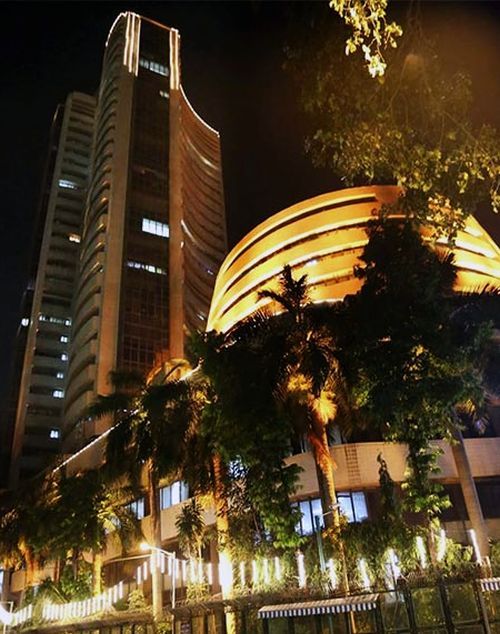
Given the volatility of the global marketplace, India is already on a strong wicket and well poised to provide a lucrative option to foreign investors, says Nitin Jain.
The past few weeks I have spent in the US meeting business associates and the responses have been mixed.
The heightened curiosity about India is followed by the show of strength and an absolute "clear will" towards creating a structured methodology of growth.
To put things in perspective, the past year has been a roller coaster ride for emerging markets globally, with more lows than highs.
The blow dealt by the US Federal Reserve's decision to cut back on its bond-buying programme has kept investor sentiment fragile, sending Asian currencies into a tailspin, especially our own, that fell to all-time lows last year.
This week, the Fed's long-term asset purchase programme officially ended, while keeping interest rates at near-zero levels for a "considerable time". Going forward, we do not expect an increase in interest rates until the end of 2015.
The repercussions of the US monetary policy have been exacerbated by concerns centred on the slowdown in China and Japan, and the malaise in the Eurozone.
We expect Japan's ambitious quantitative easing (QE) programme to continue for at least two years, especially with core inflation there continuing to remain below one per cent in spite of easy monetary and fiscal policies and the government planning another sales tax increase.
The other Asian tiger, China, has been suffering a manufacturing slowdown after decades of double-digit growth, leading to lower commodity prices, even as global recovery is still fragile.
While global recovery had been fragile, we have observed some turnaround since October, with all central banks (except in Brazil, where the interest rate has increased) coming forward simultaneously to implement QE in some form or the other.
The European Central Bank (ECB), whose earlier long-term financing strategy (crisis loans) did not result in as strong a recovery as hoped, is also moving towards QE.
Twenty per cent of Indian exports go to the Eurozone, so we will have to closely watch how the ECB handles multiple country bonds in what could potentially be a hydra-headed task.
But the global market's shaky financial ground has the potential to put Indian markets squarely on terra firma, despite a balance sheet slowdown. Is that wishful thinking? While lower commodity prices are bad for countries such as Brazil and China, we are net importers.
Consider these scenarios. Lower commodity prices will not only reduce inflation but further narrow the current account deficit (CAD), which is already down to 1.7 per cent of the gross domestic product (GDP) in FY14, from 4.8 per cent last year, in turn, resulting in higher corporate earnings.
Four quarters ago, our CAD was $21 billion. Today, we are expecting the quarterly run rate of $7-8 billion to continue.
In the equity markets, increased risk appetite and sufficient liquidity in developed economies will lead to flow of capital towards emerging markets and India is well-placed, being one of the more stable economies in the basket, to take advantage of this.
Indeed, among the pack of emerging markets, India has done better than the rest in terms of sorting out the fiscal situation, registering a 29.9 per cent gain over a 12-month period.
We expect foreign institutional investors to remain confident on Indian equity markets and that the Nifty will reflect these scenarios and target 8,800 to 9,000 in the near term.
Given the volatility of the global marketplace, India is already on a strong wicket and well poised to provide a lucrative option to foreign investors, provided it is able to tactically execute on deliverables and become a leader in creating opportunities among emerging markets.
The author is president & head - capital markets, WAM & Asset Management, Edelweiss.











